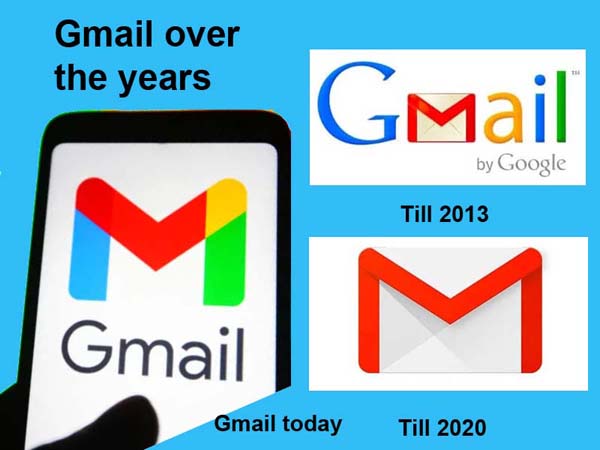
By Anand Parthasarathy
When Google first announced the launch of its free email service, Gmail on April 1, 2004, many thought it was an April Fool’s Day prank: a search engine offering to help send email? How bizarre!
But it was no joke and millions opened personal Gmail accounts enticed by the huge amount of storage offered – 1000 Megabytes (MB) or 1 Gigabyte (GB), compared to what a competitor like Microsoft’s Hotmail was offering then—2 MB.
Today Gmail has 1.2 billion users worldwide, serving 22% of the world’s population -- and in some countries, it is by far the dominant email client in use. Like India. And Indonesia.
In these two nations, according to World Population Review, Gmail’s share of email users is 82.4% and 82.6% respectively, the highest in the world. In comparison, the US does not make even the top ten of users, with a market share of 41.9%. Apple’s mail client dominates the American market. In the UK, Gmail has a 30% share.
Its dominance in India is due in no small measure to Google’s canny appreciation of the role local languages play: Today in addition to English, Gmail offers versions in 9 languages: Bangla, Gujarati, Hindi, Kannada, Malayalam, Marathi, Tamil, Telugu and Urdu– the widest range of languages for any one country.
User hunger for mailing images and video has far outstripped that initial largesse of 1 GB storage – and Gmail which today offers 15 GB across Gmail, Photos and Google Drive ( combined) is less generous than Microsoft that offers Outlook users 15 GB plus 5GB for OneDrive. Both these email clients have been blown away, storage-wise at least by Yahoo mail which today offers 1 terabyte (TB) or 1000 GB of storage.
Heightened security instituted
On its 20th birthday Gmail is playing it relatively low key, and has marked occasion by announcing new security rules which aim to address account holders’ travails with unsolicited commercial emails, increasing levels of spam and malicious, scam-tainted messaging.
Gmail has put in place new rules to regulate bulk mail senders -- that is, those who send 5000 messages or more in one go, even those who try to camouflage their action by sending from multiple sub domains. Heightened levels of authentication have been instituted.

Neil Kumaran, Google Group Product Manager for Gmail
Gmail’s group product manager, San Francisco Bay-area based Neil Kumaran, who has been with Google for just under 10 years and who lead the teams responsible for Enterprise, Security, and Trust & Safety across Gmail and Chat, is quoted by Forbes saying these new measures will validate that the messages are originating from the source as claimed and will help eliminate loopholes that attackers use to threaten everyone who uses email.
Coming on the eve of the General Elections, the world’s largest electoral exercise, these measures will be seen to be very timely for India.
In other ways too, India looms front and centre for Google and Gmail. Karan Bhatia, Google’s Washington DC-based global head of government affairs and public policy told PTI last year: "India is one of our most important markets around the world. It's really a second home to us. We've been in the country for almost two decades now. We have thousands of employees there. It is both a source of incredible talent and innovation that really help create and empower Google products around the world."
This has appeared in NewIndiaAbroad